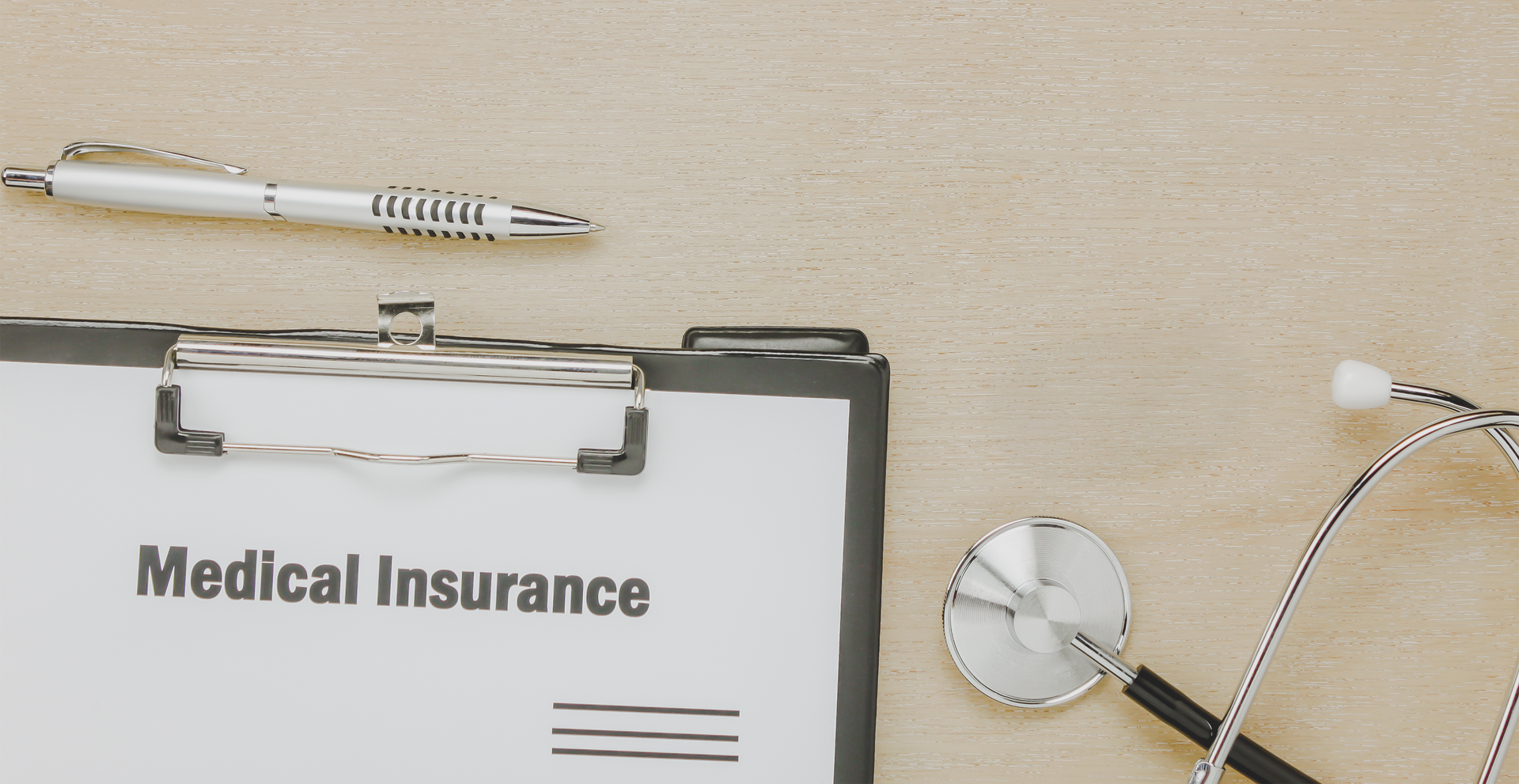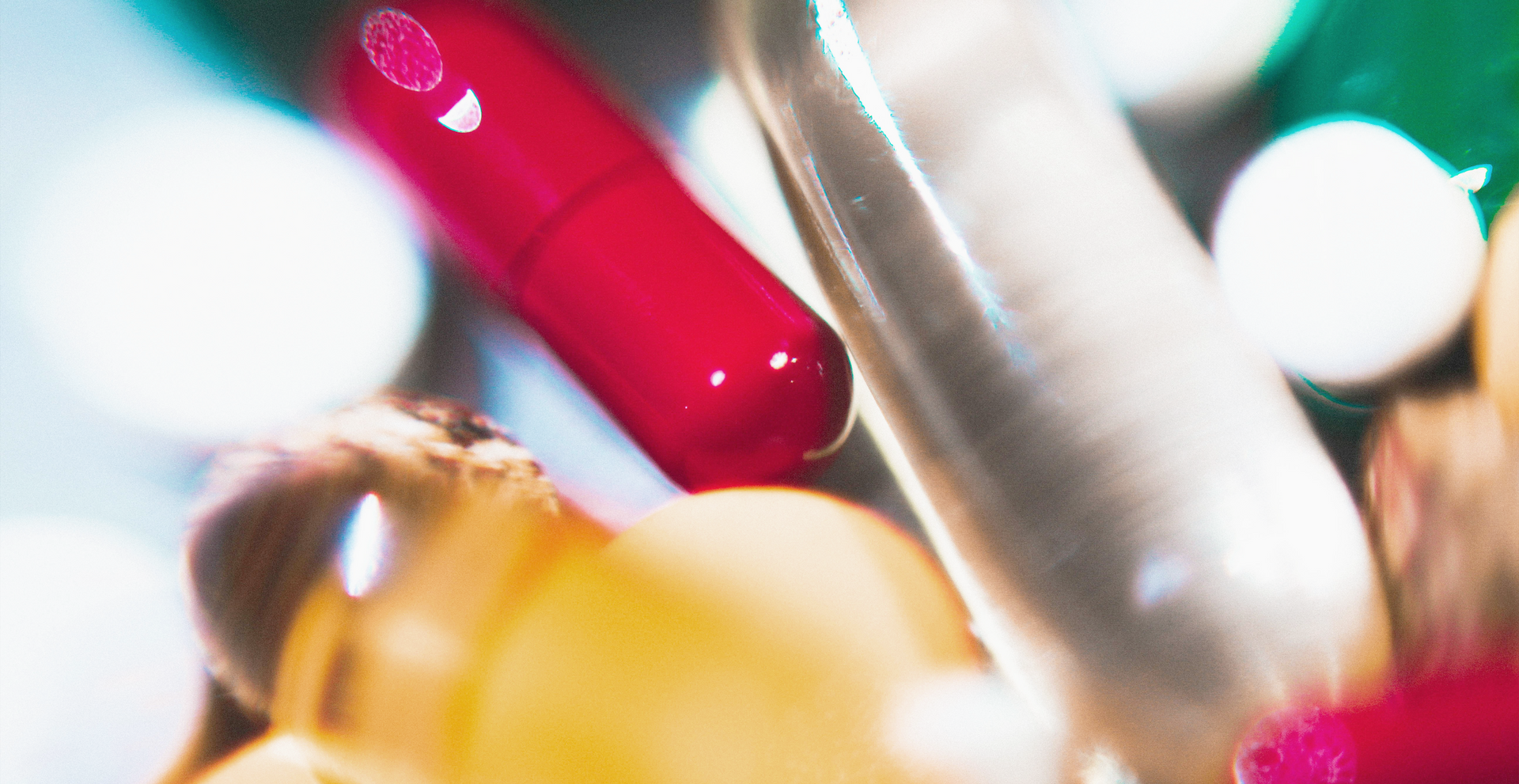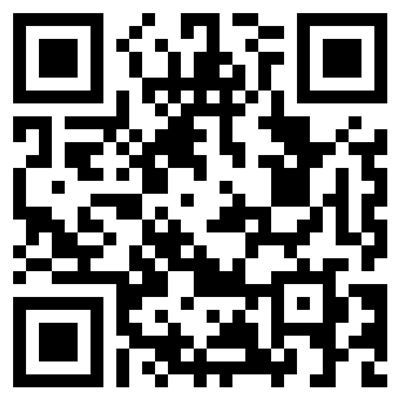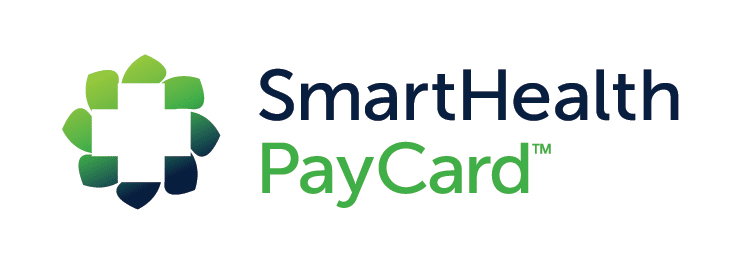Understanding Treatment Options for Social Anxiety Disorders

The Albany Clinic • December 16, 2024
Social anxiety disorder can be a debilitating condition that affects how you engage with the world around you. For those who suffer from it, everyday situations like meeting new people, speaking in front of others, or even making eye contact can trigger intense fear, self-consciousness, and anxiety.
Many people face these challenges, and while traditional treatments work for some, others need more advanced solutions to find relief. This blog will help you better understand social anxiety disorder and the various treatments that can help you or a loved one feel great again.
What Is Social Anxiety Disorder?
Social anxiety disorder is an intense, persistent fear of being judged, embarrassed, or scrutinized during social interactions. While shyness might cause mild discomfort, social anxiety disorder can trigger overwhelming anxiety that disrupts everyday life. It's a recognized mental health condition that can make social situations feel impossible to face.
Common Symptoms of Social Anxiety Disorder
People with social anxiety disorder may experience a range of symptoms, including:
- Fear of speaking in front of others
- Intense worry about being judged or humiliated
- Physical reactions like sweating, shaking, blushing, or a racing heart
- Nausea or dizziness before or during social situations
- Difficulty making eye contact
- Avoiding situations where they might be the center of attention
These symptoms can appear during interactions as simple as a phone call or as significant as a public presentation. Even everyday tasks like ordering food or talking to a cashier can become daunting.
Causes of Social Anxiety and Its Impact on Daily Life
Research finds that social anxiety disorder can arise from a combination of factors. Genetics plays a significant role, as the condition often runs in families. Additionally, brain structure may contribute, particularly when the amygdala (the brain region controlling fear responses) is more active than usual. Life experiences can also be a key factor, with events like bullying, humiliation, or social rejection increasing the likelihood of developing social anxiety.
When left untreated, social anxiety disorder can significantly limit personal, social, and professional growth. It can lead to missed opportunities at work or school, strained relationships, and a deep sense of isolation. Over time, avoidance of social interactions can even contribute to depression or other additional mental health challenges.
Traditional Treatments for Social Anxiety
When it comes to managing social anxiety disorder, traditional treatments often include a combination of therapy, medication, and lifestyle adjustments. One of the most common therapeutic approaches is Cognitive Behavioral Therapy (CBT). CBT helps people identify and change negative thought patterns that fuel their anxiety while also teaching coping strategies to face social situations with more confidence.
Medications like Selective Serotonin Reuptake Inhibitors (SSRIs) and Serotonin-Norepinephrine Reuptake Inhibitors (SNRIs) are frequently prescribed to help regulate brain chemistry and reduce anxiety symptoms. These medications can be effective, but they often take several weeks to show results, and some patients experience unwanted side effects.
Lifestyle changes such as regular exercise, mindfulness practices, and relaxation techniques can also help alleviate symptoms. These methods aim to reduce overall stress and improve emotional well-being.
However, traditional treatments don't work for everyone. Some people find that therapy and medication provide only partial relief or take too long to produce noticeable results. For those who continue to struggle despite these efforts, social anxiety can remain a significant barrier to living a full and satisfying life. That's where more innovative treatments can make a difference.
Innovative Treatments at The Albany Clinic
At The Albany Clinic, we understand that traditional treatments for social anxiety, PTSD, and treatment-resistant depression don't work for everyone. That's why we specialize in offering advanced, evidence-based therapies to help patients find relief when other methods fall short.
Our approach combines expertise, compassion, and innovative procedures to address mental health conditions that can feel overwhelming and debilitating. Here's a closer look at the cutting-edge treatments we provide for social anxiety and related disorders.
Stellate Ganglion Block
Stellate Ganglion Block (SGB) is a procedure that targets a group of nerves in the neck that regulate the body's "fight or flight" response. By injecting a local anesthetic around these nerves, SGB can help calm this overactive response, reducing symptoms of anxiety and hypervigilance. While SGB is widely known for its effectiveness in treating PTSD, studies demonstrate its potential to relieve severe social anxiety is promising.
Patients often experience a noticeable decrease in anxiety levels, allowing them to face social situations with greater ease and confidence. For those who feel trapped in a constant state of anxiety, SGB offers a way to reset the nervous system and regain a sense of calm.
IV Infusion Therapy (Ketamine)
Ketamine IV infusion therapy is a groundbreaking treatment for those struggling with treatment-resistant depression and anxiety. Unlike traditional medications, which can take weeks to work, ketamine infusions often provide rapid relief, sometimes within hours. Clinical trials have shown that ketamine can effectively reduce symptoms in cases where other treatments have failed.
At The Albany Clinic, our experienced team administers ketamine infusions in a safe, controlled environment, helping patients break free from the cycle of anxiety. For those with social anxiety, this fast-acting therapy can make a
significant difference, offering a renewed sense of hope and the ability to engage in life more fully.
Transcranial Magnetic Stimulation (TMS Therapy)
Transcranial Magnetic Stimulation (TMS) therapy is a non-invasive procedure that uses magnetic pulses to stimulate underactive areas of the brain linked to anxiety and depression. By gently activating these regions, TMS helps to restore normal brain function and alleviate anxiety symptoms. This therapy is particularly beneficial for patients who haven't responded to medications or prefer a drug-free approach.
TMS requires no sedation, has minimal side effects, and allows patients to resume their daily activities immediately after treatment. TMS therapy can help patients move past anxiety and toward a brighter, more confident future.
SPRAVATO® (Esketamine)
SPRAVATO® (esketamine) is an FDA-approved nasal spray designed for treatment-resistant depression, a condition that often overlaps with social anxiety. Administered under medical supervision, SPRAVATO® works quickly to reduce symptoms, offering a new option for patients who haven't found success with other treatments.
One of the key benefits of SPRAVATO® is its accessibility, as many insurance plans cover it. For those battling the challenges of social anxiety, esketamine offers the possibility of fast relief.
Find Treatment for Social Anxiety in Carbondale, IL Today
At The Albany Clinic, our mission is to help you feel great again. By offering advanced treatments, we provide hope for those who feel like they've run out of options. If social anxiety has been holding you back, our innovative therapies may be the key to unlocking a life of greater confidence and freedom. You deserve relief, and we're here to help you find it.
You don't have to face social anxiety alone. Schedule a consultation today to get started.
35 Albany Rd. Suite A Carbondale, IL 62903
Phone: (888) 804-4330
Cited Source(s):
- Priyamvada, Richa et al. “Cognitive behavioral therapy in the treatment of social phobia.” Industrial psychiatry journal vol. 18,1 (2009): 60-3. doi:10.4103/0972-6748.57863
- Lynch, James H et al. “Stellate Ganglion Block Reduces Anxiety Symptoms by Half: A Case Series of 285 Patients.” Journal of personalized medicine vol. 13,6 958. 6 Jun. 2023, doi:10.3390/jpm13060958
- Koyuncu, Ahmet et al. “Comorbidity in social anxiety disorder: diagnostic and therapeutic challenges.” Drugs in context vol. 8 212573. 2 Apr. 2019, doi:10.7573/dic.212573
- Taylor, Jerome H et al. “Ketamine for Social Anxiety Disorder: A Randomized, Placebo-Controlled Crossover Trial.” Neuropsychopharmacology : official publication of the American College of Neuropsychopharmacology vol. 43,2 (2018): 325-333. doi:10.1038/npp.2017.194







